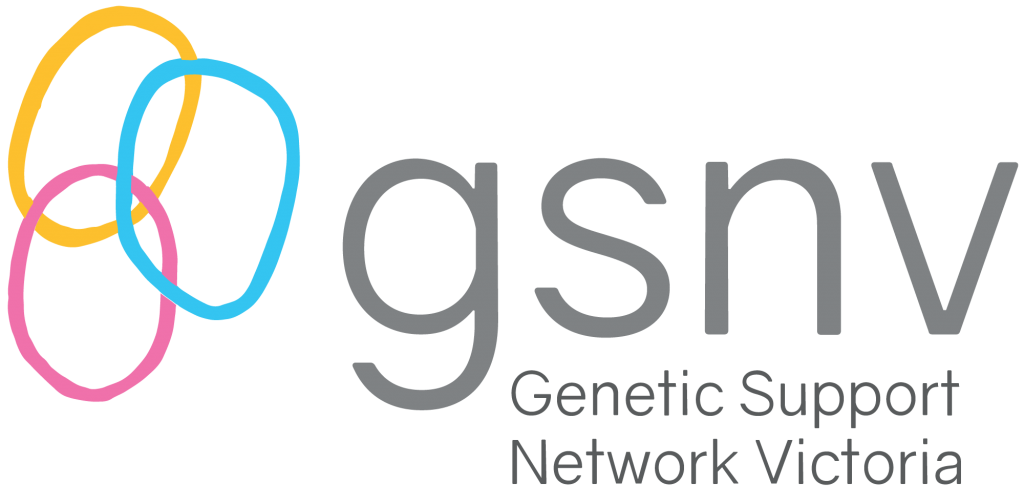LINEAGE PROJECT
Collecting, storing, sharing and using clinical and genomic data is vital across basic and translational research, clinical care, and population health. Diverse stakeholders share strong commitments to building or contributing to clinical and genomic datasets; i.e., electronic collections of clinical and genomic data that are made available to certain groups under certain conditions. An urgent need for large-scale, transdisciplinary research has been identified to develop an ethically defensible, legally robust, socially acceptable, culturally safe and responsive, and implementation-ready governance framework for clinical and genomic datasets in Australia.
The LINEAGE Study will address key emerging ethical, legal and social issues (ELSI) in clinical and genomic dataset governance. It will develop, test and prepare for implementation of a national genomic data governance framework. This framework will draw on relevant principles, reflect current and emerging genomic technologies, account for diversity in genomic data, and recognise emerging data sharing practices such as patient-led approaches and open science. The framework will align with relevant international governance instruments, to facilitate the value of clinical and genomic datasets beyond Australia’s borders. The framework will be attuned to current practices in Australian research and clinical care and will benefit (and be co-designed with) all stakeholders: patients, their families and the public (among them First Nations and culturally, ethnically and linguistically diverse (CALD) populations), clinicians, researchers and industry.
Crucially, the framework will be developed in such a way that it promotes the effective operation of clinical and genomic datasets, to deliver improved health outcomes, while at the same time ensuring their broad social license. Obtaining and maintaining such license requires reaching a shared view on: (1) key ethical, legal and social issues; and (2) how resolution of these issues can be appropriately reflected in dataset governance mechanisms.
The AIMS of this project are as follows:
1. To delineate emerging ethical, legal and social issues arising from the current governance of clinical and genomic datasets in Australia;
2. To establish an interdisciplinary stance to resolve ongoing ethical, legal and social issues in the governance of clinical and genomic datasets;
3. To identify governance solutions for clinical and genomic datasets and develop these into a national governance framework;
4. To work in partnership with stakeholders to ensure that the framework is fit for purpose and feasible for implementation;
Developing and implementing a comprehensive governance framework will have value not only for the research and health sectors but also for patients and the public, including groups who are currently under-served. Determining a robust governance framework for genomic and clinical datasets will also contribute to the successful implementation of genomics in caring for Australians’ health. Providing a comprehensive governance framework, which brings together ethical analysis, legal considerations and social issues – while also being tightly integrated with real-world examples, will advance the routine use of genomics in health and enhance the value of genomics, to the benefit of all Australians’ health.
Measures of success:
1. Increased focus of research on areas of unmet need
a. This project will identify areas of unmet need regarding ELSI in clinical and genomic datasets, and facilitate research into these. The developed governance framework will be able to be embedded into clinical practice.
b. Successful identification of unmet needs within the current governance of clinical and genomic datasets in Australia. Kept abreast of emerging issues in the field. Facilitation of simpler and less time-consuming governance of such datasets.
2. The research community has a greater capacity and capability to undertake translational research
a. The research community will have improved capacity to contribute to clinical and genomic datasets, through better governance. The research community will have a better awareness of the role that governance plays in the implementation and use of clinical and genomic datasets.
b. The new governance framework for clinical and genomic datasets is embedded into health practice. Australian researchers have greater capacity and capability to implement and use clinical and genomic datasets.
3. The community engages with and adopts new technologies and treatments
a. The community is involved in prioritising, designing and conducting this research. The project will assess awareness of and attitudes toward clinical and genomic datasets among patients, publics, clinicians and other key stakeholders. This research promotes community awareness of clinical and genomic datasets and their benefits. This research will promote community support for clinical and genomic datasets.
b. The community has engaged with the emerging ELSI in clinical and genomic datasets. Australian community members (patients, publics) have high trust in clinical and genomic datasets and are willing to have their data used.
How is the GSNV involved in this project (partnered by SWAN and GAA)
Patient and diverse public views on emerging issues in the governance of clinical and genomic datasets have not always been considered. A systematic literature review focusing on patient and diverse public views on ELSIs in the governance of clinical and genomic datasets is needed to identify what is already known about the patient and diverse public perspectives in Australia, and also identify key themes that are missing or underrepresented.
Susie Roczo-Farkas has joined GSNV as a Project Officer to undertake the systematic literature review. This review will also draw on the outcomes of the genetic and rare conditions Australian ‘Personal Experience, Expectations and Knowledge (PEEK)’ mixed methodology study, conducted by the Centre for Community-Driven Research. This body of work will compile the patient and public views and perspectives around the use of clinical and genomic datasets and will be updated as the LINEAGE project progresses through each phase. We will gain new knowledge regarding ELSI and governance issues arising from patient-initiated and patient-led genomic data sharing. We will also obtain information about how governance can optimise both patients contributing to datasets and patient-initiated sharing. This knowledge will be fed into the governance framework.
For further information about the Lineage Project contact the GSNV

Leave a Reply